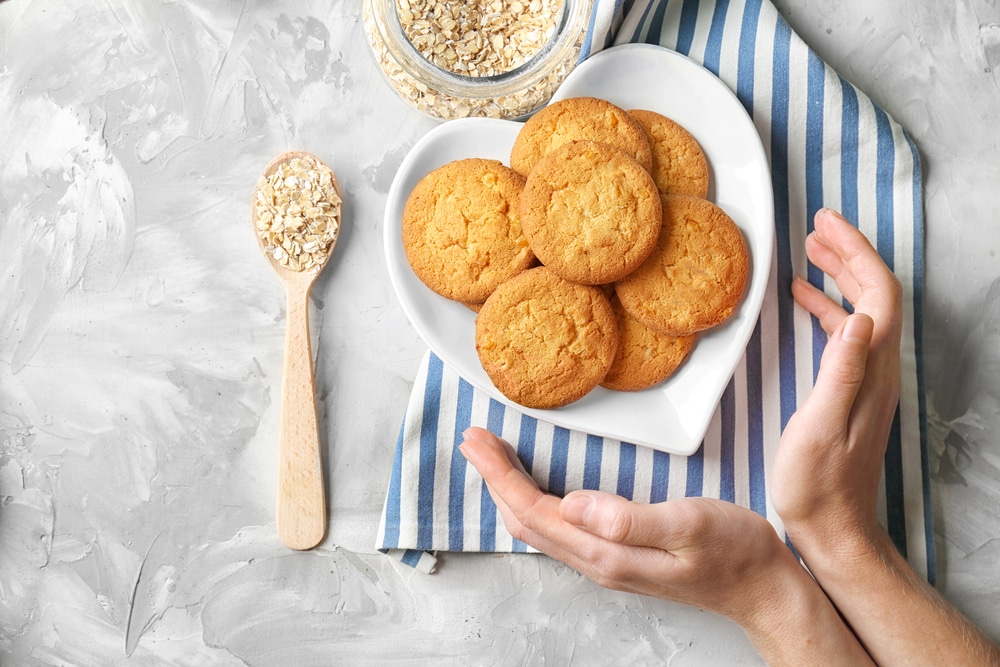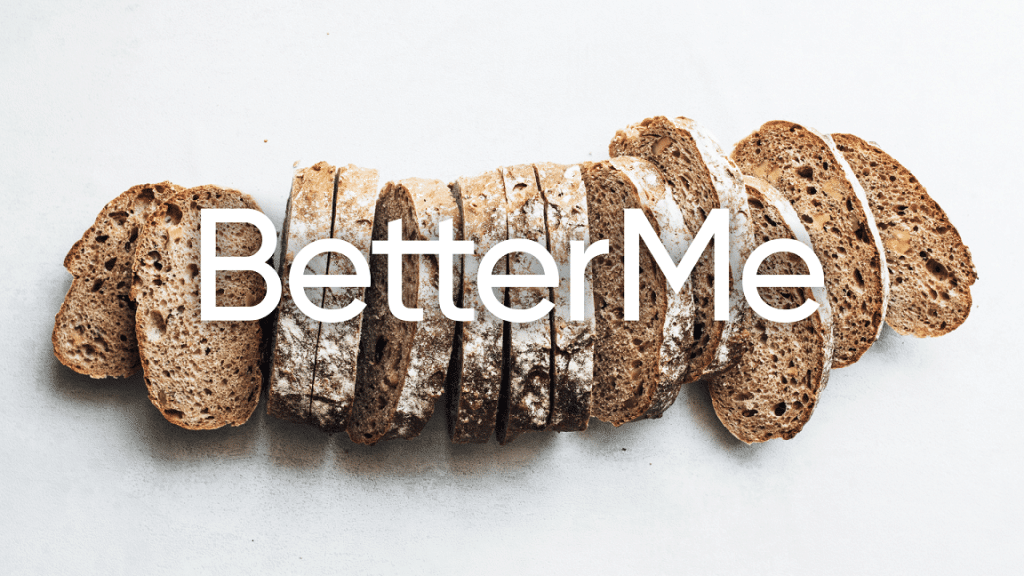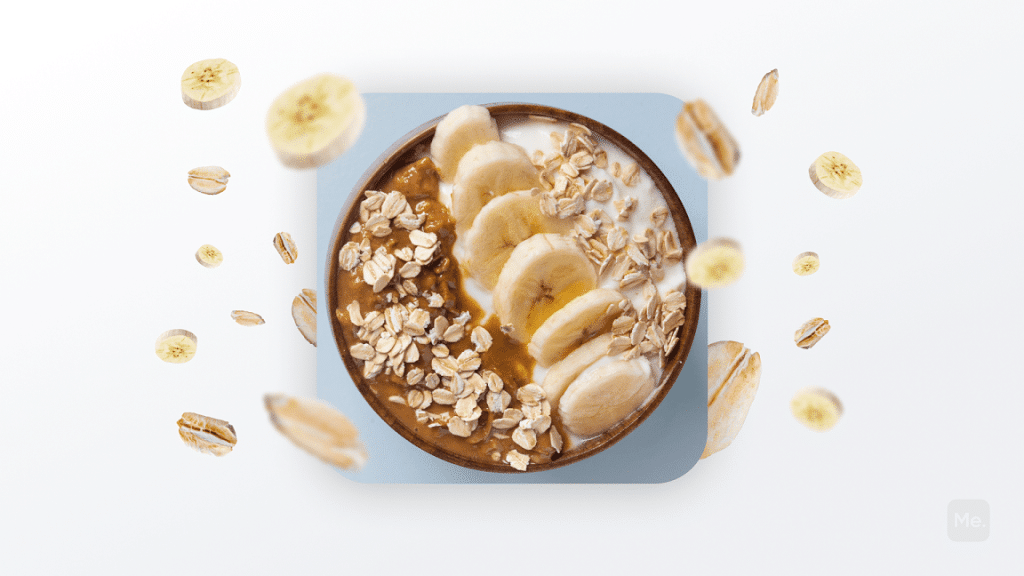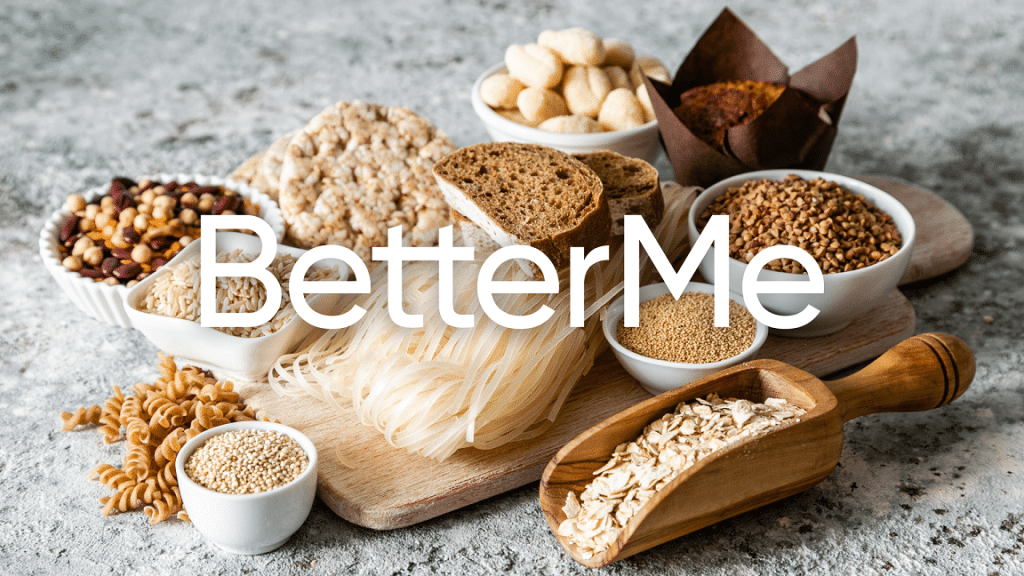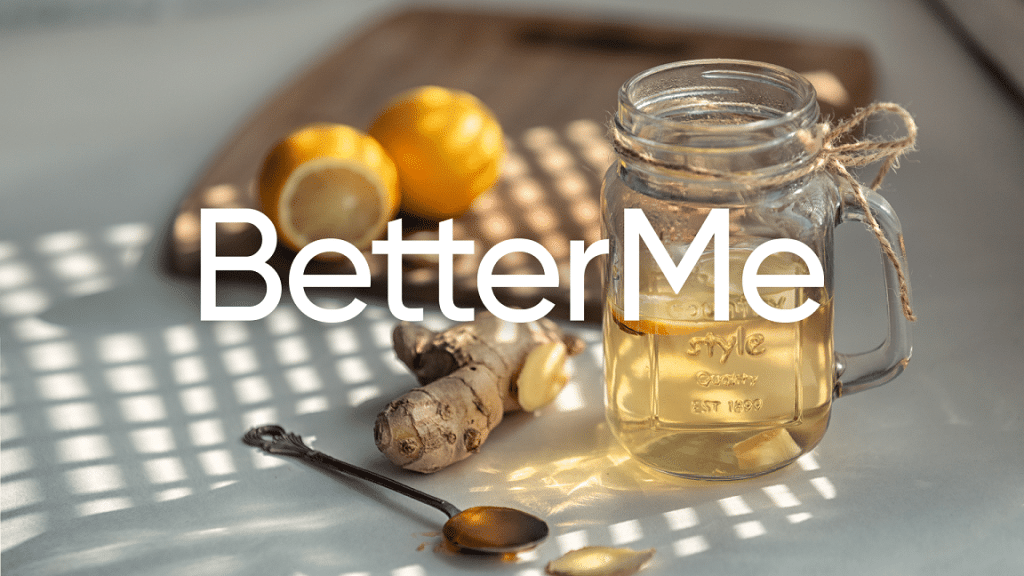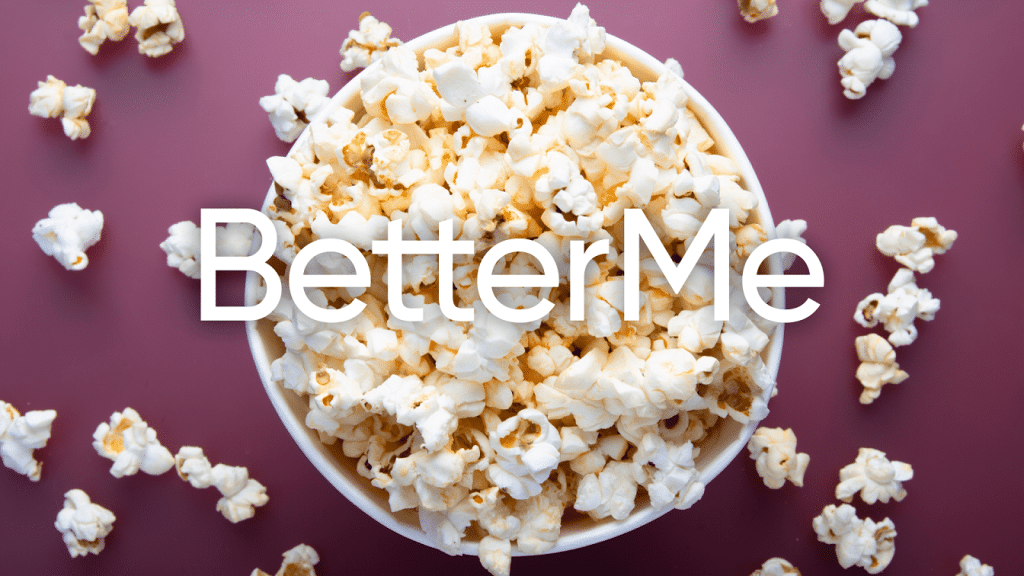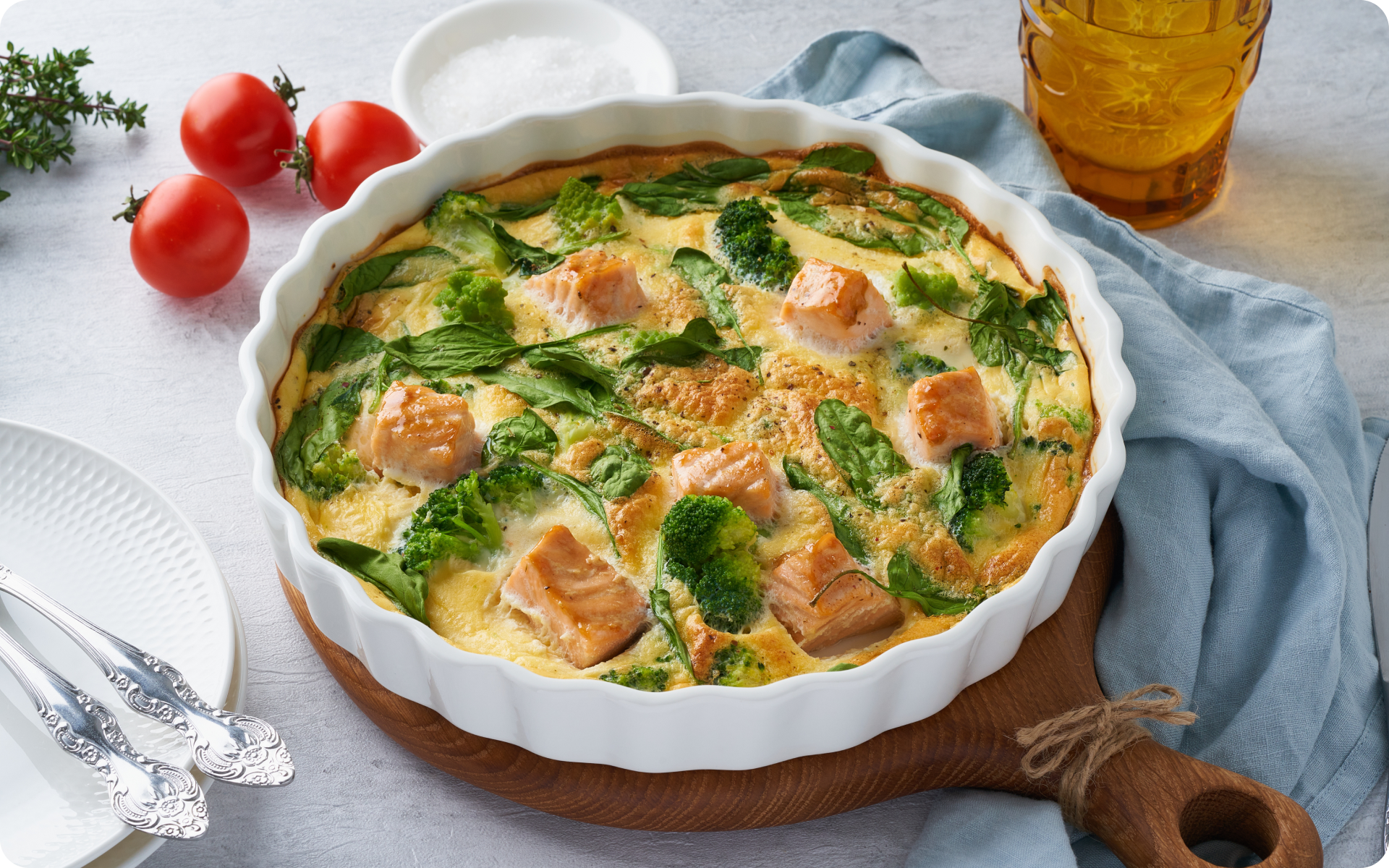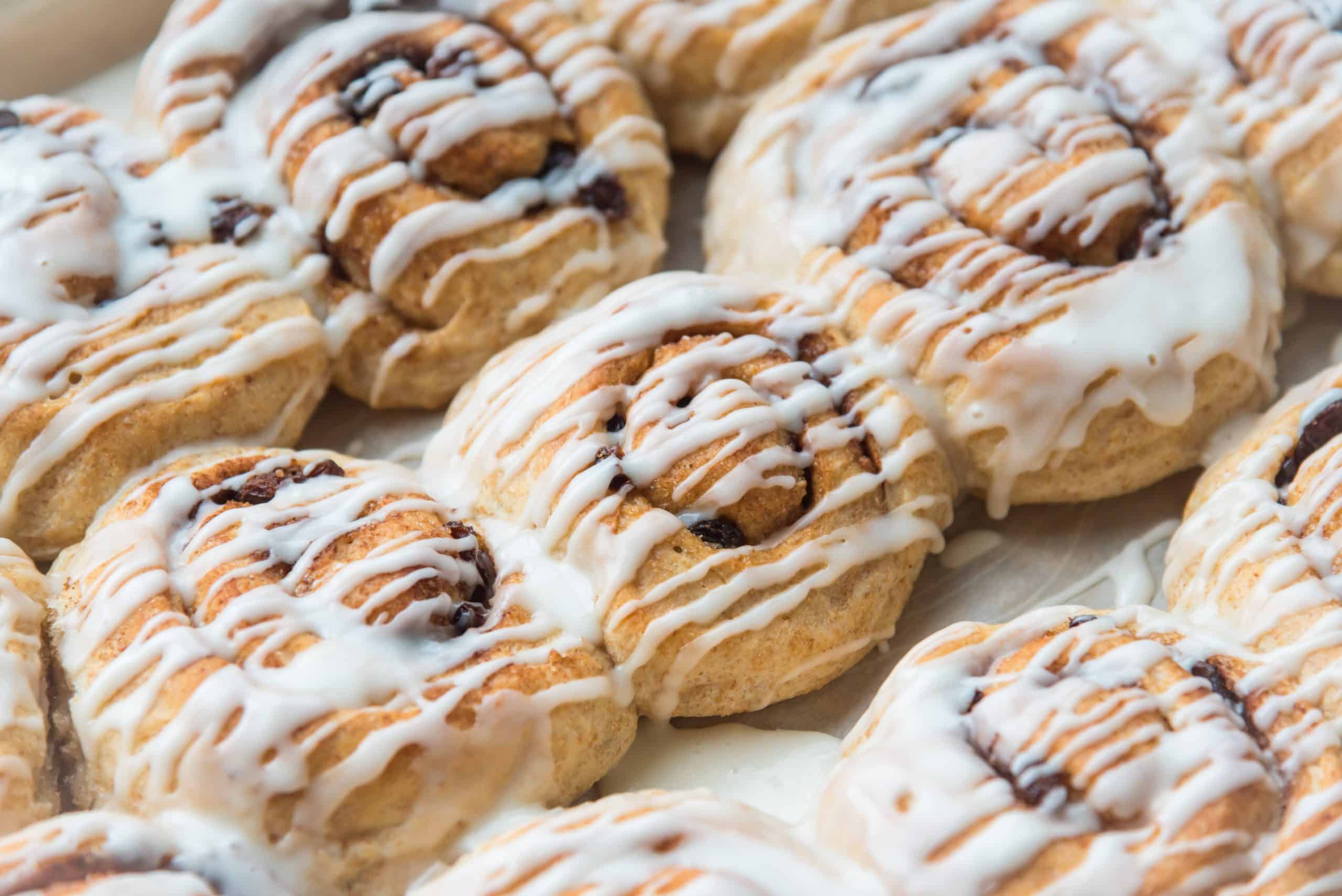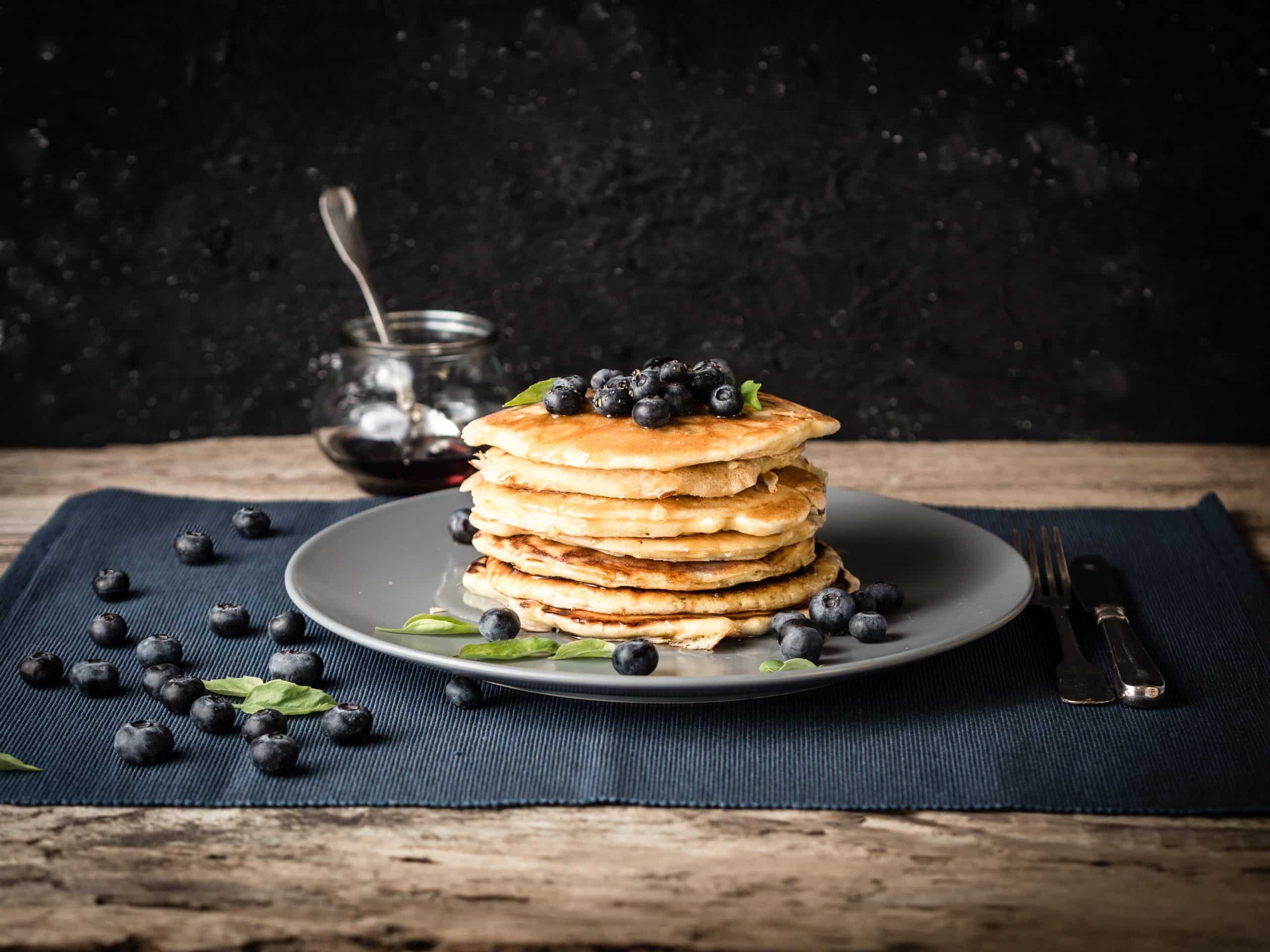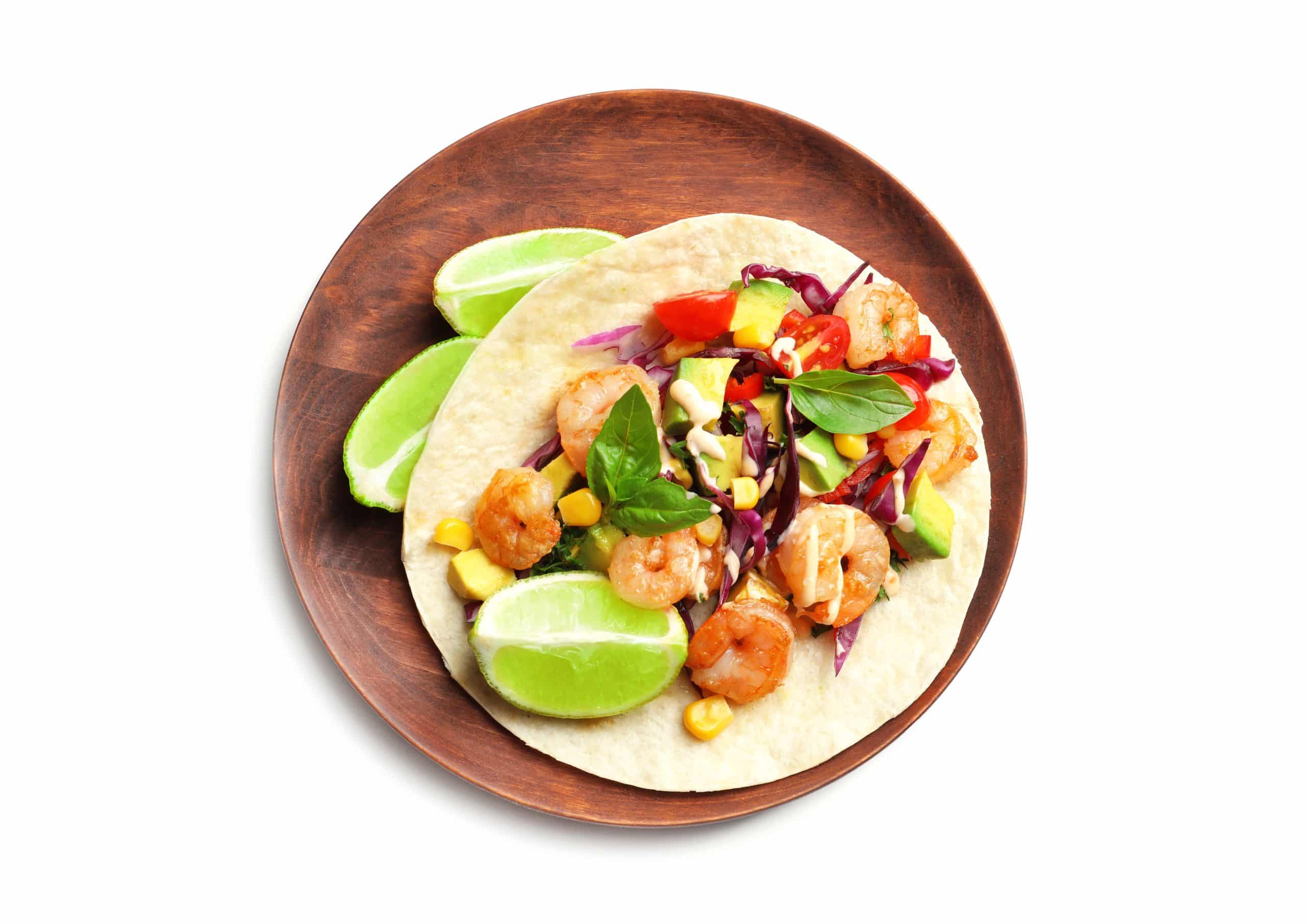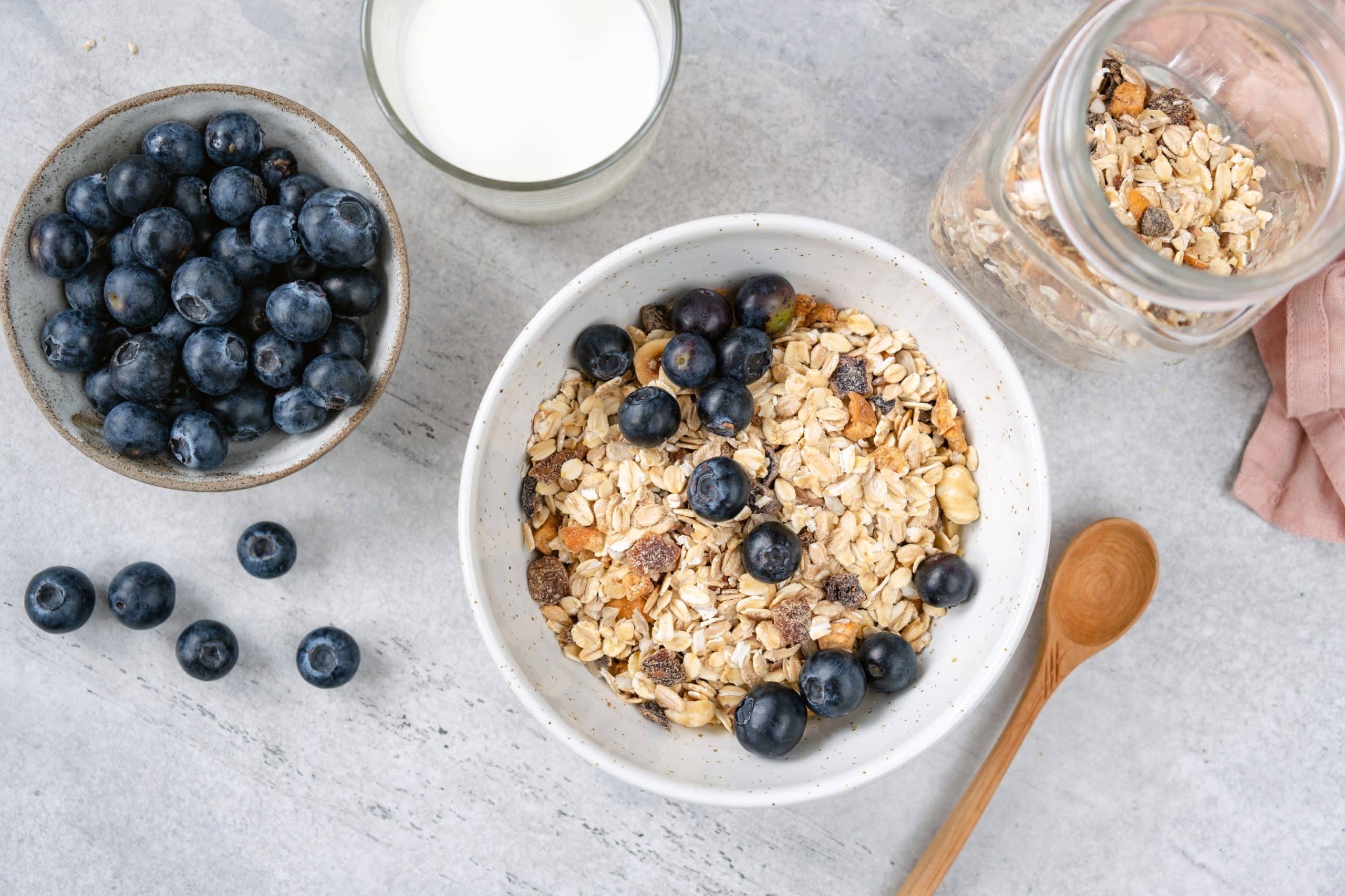Gluten-free diets have become very popular in today’s society. However, unlike most meal plans, this diet is more than a lifestyle change but a medical need for some individuals. In this read, we will discuss who needs to follow a gluten-free diet. We will also take you through a rundown on how to go gluten-free and ease your way into this meal plan. Contrary to what you think, you do not have to break your back but only change a few habits.
What Is Gluten?
Gluten refers to a family of proteins found in grains like wheat, barley, spelt, and rye (7). The most famous grain known to contain gluten is wheat. According to Medical News Today, there are two significant types of protein found in gluten: glutenin and gliadin.
Experts reveal that these two gluten types are divided according to their solubility in aqueous alcohols (1). Gliadins are soluble, whereas glutenins are insoluble (1). Glutenin is the primary cause of the adverse effects of gluten (7).
Why Go Gluten-Free?
As time passes by, more and more people are going gluten-free. Unfortunately, it has led to many people questioning the reason for the shift. Here are some reasons why people are going gluten-free:
Celiac Disease
Celiac disease is an autoimmune health condition where your body attacks any gluten product you consume. Additionally, your body also attacks the lining of your gut (7). According to Medical News Today, roughly 1% of the population has celiac or coeliac diseases (7).
When your gut lining is damaged, you become at high risk of nutritional deficiencies, adverse digestive issues, anemia, and other diseases (7). This is the number one reason you are asked to keep away from gluten if you have celiac disease.
It would help if you were on the lookout for various signs and symptoms of celiac disease. The most common ones are digestive discomfort, headaches, diarrhea, constipation, tissue damage in the small intestines, unexpected weight loss, depression, and skin rashes (7).
You may suffer from more complications if you keep consuming gluten and have tested positive for celiac disease. These complications can include infertility, osteoporosis, weight loss, multiple sclerosis (MS), anemia, nutritional deficiencies, and neurological conditions (4).
However, these symptoms are associated with other conditions. For example, digestive problems are also a symptom of anemia or tiredness (7). So, it would be best if you went to your doctor for assessment and more accurate results.
The two most common tests conducted to help determine if you have this condition are blood tests and biopsy from the small intestine (7). Even so, experts reveal that doctors have a hard time diagnosing celiac disease. A study even revealed 80% of individuals in the study who had celiac disease were unaware (7).
Read More: The Gluten-Free Mediterranean Diet: How It Works, Benefits, And Tips For Getting Started
Non-Celiac Gluten Sensitivity
When some people test for celiac disease, they do not test positive. However, they still react negatively whenever they eat any gluten food. This may occur because they have non-celiac gluten sensitivity or gluten intolerance.
Gluten intolerance refers to your body’s inability to break down gluten in wheat, rye, barley, and other grains. Although it is not known the exact percentage with these conditions, experts estimate it to range from 0.5 to 13% (1).
It would help if you looked out for several signs and symptoms that possibly warn you of gluten intolerance. They include diarrhea, depression, stomach pain, bloating, and tiredness (7). But, again, doctors still cannot find an exact cause of non-celiac gluten sensitivity.
Some doctors even argue whether these conditions stem from the effects of gluten. However, they still cannot wrap their finger around the cause. Even so, they recommend you stay away from gluten to avoid more health complications.
Irritable Bowel Syndrome
Irritable bowel syndrome may also force some people into a gluten-free diet. However, it is a chronic health condition that can be managed at home through good nutrition, lifestyle changes, and reduced stress levels (7).
It would help if you watched out for irritable bowel syndrome symptoms like bloating, stomach pain, gas, cramping, diarrhea, constipation, or both (7). Talk to your doctor if you report any or all of these symptoms.
Wheat Allergy
Other individuals are also going for a gluten-free diet because they have a wheat allergy. Most people report digestive problems after consuming gluten products. Medical News Today reveals that 0.2 to 1% of the said people experience these problems due to a wheat allergy (7).
If you think you have a wheat allergy or any of the named health conditions, you need to talk to your doctor first. It would help if you also spoke to them before you try a gluten-free diet. In some situations, they may be forced to introduce gluten back into your diet to see if the symptoms return (7).
Healthier Lifestyle
Other than as a medical requirement, some people follow a gluten-free diet to help adopt a healthier lifestyle. Some people believe that this diet can help with weight loss. However, researchers are still yet to find evidence supporting the theory that eliminating gluten can promote weight loss (5).
On the contrary, experts acknowledge that this diet may cause weight gain in individuals with celiac disease (5). This is because it leads to improved absorption of nutrients and enhanced abdominal symptoms (5).
Food experts also reveal that most gluten-free foods have higher fat content and calories than their gluten-containing counterparts. They also have low fiber and whole grain content, two significant nutrients in weight loss (5). However, these factors may contribute to weight gain instead of weight loss.
It means that a gluten-free diet is not likely to be helpful for weight loss or to help you make healthier food and lifestyle choices. You should really only go gluten-free if you have a medical need to do so.
If you wish to free yourself from all the extra pounds that have been weighting you down for way too long, start using the BetterMe app and overhaul your entire life!
How To Go Gluten-Free?
Eating a gluten-free diet can be satisfying and can help reduce the effects of conditions like celiac disease. However, getting started on this diet is challenging to say the least.
Here are some simple yet effective ways to go gluten-free:
Familiarize What You Can And Cannot Eat
As mentioned earlier, gluten is found in grains like wheat, barley, and rye. So, you’ll need to avoid these grains. On top of these, you also have to keep away from bread, pasta, spelt, cereals, beer, cookies, cakes, and pastries (7). In addition, some processed foods also contain wheat, which is why you have to read your nutrition labels.
In a gluten-free diet, you must eat healthy whole foods that have zero traces of gluten. Most of these foods include (7):
- Gluten-free grains like amaranth and buckwheat
- Meat and eggs
- Fruits and vegetables
- Legumes
- Nuts
- Healthy fats like olive and coconut oil
- Gluten-free rice like brown, white, or basmati rice
- Tubers
- Seeds like flaxseed
- Fish and seafood
- Poultry
- Dairy products like milk, yogurt, and cheese
- Herbs and spices
- Pure oats and oatmeal
- Corn (cornmeal, cornflour, polenta, and grits)
- Vinegar and dressings
- Baking soda and powder
Although all these foods are considered gluten-free, you are still advised to read the labels and double-check, as some may include cross-contamination. For example, in the case of oats, some brands may process them on the same equipment as grains containing gluten.
Although this may not be harmful to anyone without celiac disease, a wheat allergy, or non-celiac gluten sensitivity, it may be a serious problem for individuals with such conditions. So, double-check your labels.
Work With A Professional
You need all the help you can get, especially if it is your first time following a diet plan (7). A registered dietitian happens to be the best person for this job. They will help develop a customized gluten-free diet plan that meets your dietary and calorie requirements.
More so, they will also help you craft a diet plan that encourages habits that lead to permanent results. This means that they can help you ease into and sustain a gluten-free meal plan. Luckily, there are many gluten-free diet plans and recipes online, meaning you will be spoilt for choice. So be sure to go through any recipe you are interested in with your dietitian.
Read More: Gluten-Free Diet Weight Loss Diet: Is It An Effective Solution For Stubborn Fat?
Change Your Grocery List
You will have to ditch some of the things you used to buy before when you went grocery shopping. This is because they may be gluten-based, meaning they are forbidden when following this diet. So, for example, you will have to say goodbye to things like wheat flour.
However, this does not mean you cannot have pancakes anymore – you can! All you have to do is substitute wheat flour with gluten-free flour. The same applies to cereal made from gluten foods. Substitute it with oatmeal.
If it is your first time creating a gluten-free shopping list, then do not hesitate to ask your dietitian to double-check it for you (7). One thing they will also advise you to do is to read the label of every food before putting it in your cart. You will find that most foods have traces of gluten.
For those with diseases triggered by gluten, consuming even the slightest traces may trigger such conditions. So, take your time and read through labels checking if they have traces of the forbidden gluten foods.
Change Your Mindset
Shifting your mindset about how to stick to a diet plan is the most significant factor in diet plans. Following a diet plan is not as easy as most people think it is. You might get bored at one point in time and consider ditching the meal plan.
If not, you will be tempted to cheat on your diet with gluten-containing treats occasionally. Even if you bounce back, you will find that you have already created a habit – and old habits die hard. So, if you are thinking of following a gluten-free diet, understanding and tuning your mindset is a great place to start.
Although some people recommend tricking the brain to like this diet, such an approach may not work for the long haul. So, instead of tricking it, train it to embrace the new change. With time, you will find yourself naturally flowing into this diet without any obstacles.
Yanking yourself back in shape has never been so easy with our game-changing fitness app! Start transforming your life with BetterMe!
Make Your Meals
Experts recommend you make your meals yourself if you want to commit to a gluten-free diet plan. Note that they are not restricting having dinner dates or lunches outside.
They even recommend dining out once in a while, and most have provided the following tips about dining outside:
- Have Fun. Yes, they suggest you have fun. Following a gluten-free diet does not mean that you can no longer dine out. It would help if you dined out once in a while to help relax and change your scenery. It also takes our minds away from the pressure associated with sticking to a diet plan.
- Go-To Gluten-Free Restaurants. It would help if you remembered that you are on a strict gluten-free meal plan. To avoid cross-contamination, make sure you go to a gluten-free restaurant (7). A quick Google search will give you recommendations of gluten-free restaurants within your locality.
- Take it Easy. Be cautious about dining out because it is pretty easy to overindulge. The CDC advises dieters to share their meals with their buddies whenever they dine outside because most portions tend to be double what you need (3).
If not, you are advised to ask your waitress/waiter to wrap half of your meal as a to-go immediately after they serve it (4). If you wait any further, you are likely to overindulge and end up consuming more calories.
- Have A Drink Or Two. Going gluten-free does not mean giving up on drinks and being the party pooper of your clique. You can have drinks, but remember to stick with gluten-free options. If you are not sure about the ingredients of a particular beverage, it is better to avoid it.
These tips help keep you in check whenever you dine out. However, if you choose to prepare your meals, experts suggest you do the following:
- Double Check The Ingredients. You have to be 100% sure that you are using foods free of gluten. So, make a point to read through the labels of the ingredients you are using (7). Then, consult with your dietitian if you are not sure about a particular component.
- Use Gluten-Free Recipes. Although there are many recipes online, beginners are advised to use gluten-free recipes that their dietitians have approved. You are less likely to make a thoughtless mistake when working with a professional.
- Be On The Lookout For Cross Contamination. The other essential tip that nutritionists emphasize is being aware of and preventing cross-contamination. Cross-contamination occurs when you mix gluten foods with those without gluten. It is very likely to occur, especially during the early days of following the diet plan.
You might forget some ingredients and end up substituting them with those containing gluten on accident.
Bear in mind other practices that may also lead to cross-contamination. For example, using the same chopping board or utensils for different ingredients of a meal. The CDC reveals such habits may spread germs as well as traces of gluten, which is why you are advised to have more than one chopping board (2).
Watch Your Portions
You also need to practice portion control, especially if you want to lose weight or adopt a healthier lifestyle. Do not exceed the recommended servings to avoid overindulging. Overeating causes a calorie surplus that has been linked to weight gain and weight gain-related health conditions like obesity and high blood pressure.
Take Your Diet Seriously
Some people may not follow this diet religiously, especially if they are not forced by health conditions like a celiac disease to follow a gluten-free diet. This diet may come as a choice for such people, so they may not adhere to it strictly.
You will find them consuming gluten-free foods one minute, and the next, they are enjoying gluten-containing foods. You need to know that for people who need to be on them, gluten-free diets do not cut corners, and neither do they have “cheat” days (7).
You will only reap the benefits of following this diet plan by sticking to it religiously. So no matter how restricting it may seem, envision the result and stay dedicated because it will help you find relief from your symptoms.
However, if you consume gluten-containing foods by mistake, cut yourself the slack and continue with the meal plan. Unfortunately, this is easier said than done because some people fall and end up giving in entirely to their temptations. So do not lose all your hard work over one slip-up. Instead, brush it off, forgive yourself, and keep pushing.
The Bottom Line
Most people who follow a gluten-free diet are forced by medical conditions, but some follow it to help them ease into a healthier lifestyle. Whatever your goal is, the fact is that going gluten-free can be challenging. In this read, we have shared some tips on how to go gluten-free to make it easier. These simple tips will help you ease into a gluten-free diet and maintain it for as long as you are required. Remember, though, to only go gluten-free if your doctor gives you the green light.
Get your personalized
meal plan!
DISCLAIMER:
This article is intended for general informational purposes only and does not address individual circumstances. It is not a substitute for professional advice or help and should not be relied on for decision-making. Any action you take upon the information presented in this article is strictly at your own risk and responsibility!
SOURCES:
- Chemistry of gluten proteins (2007, pubmed.ncbi.nlm.nih.gov)
- Four Steps to Food Safety: Clean, Separate, Cook, Chill (2021, cdc.gov)
- How to Avoid Portion Size Pitfalls to Help Manage Your Weight (2021, cdc.gov)
- Is a gluten-free diet good for your health? (2020, medicalnewstoday.com)
- The Gluten-Free Diet: Fad or Necessity? (2017, ncbi.nlm.nih.gov)
- Top 10 tips for a gluten-free diet (2018, bbcgoodfood.com)
- What is gluten, and why is it bad for some people? (2020, medicalnewstoday.com)
